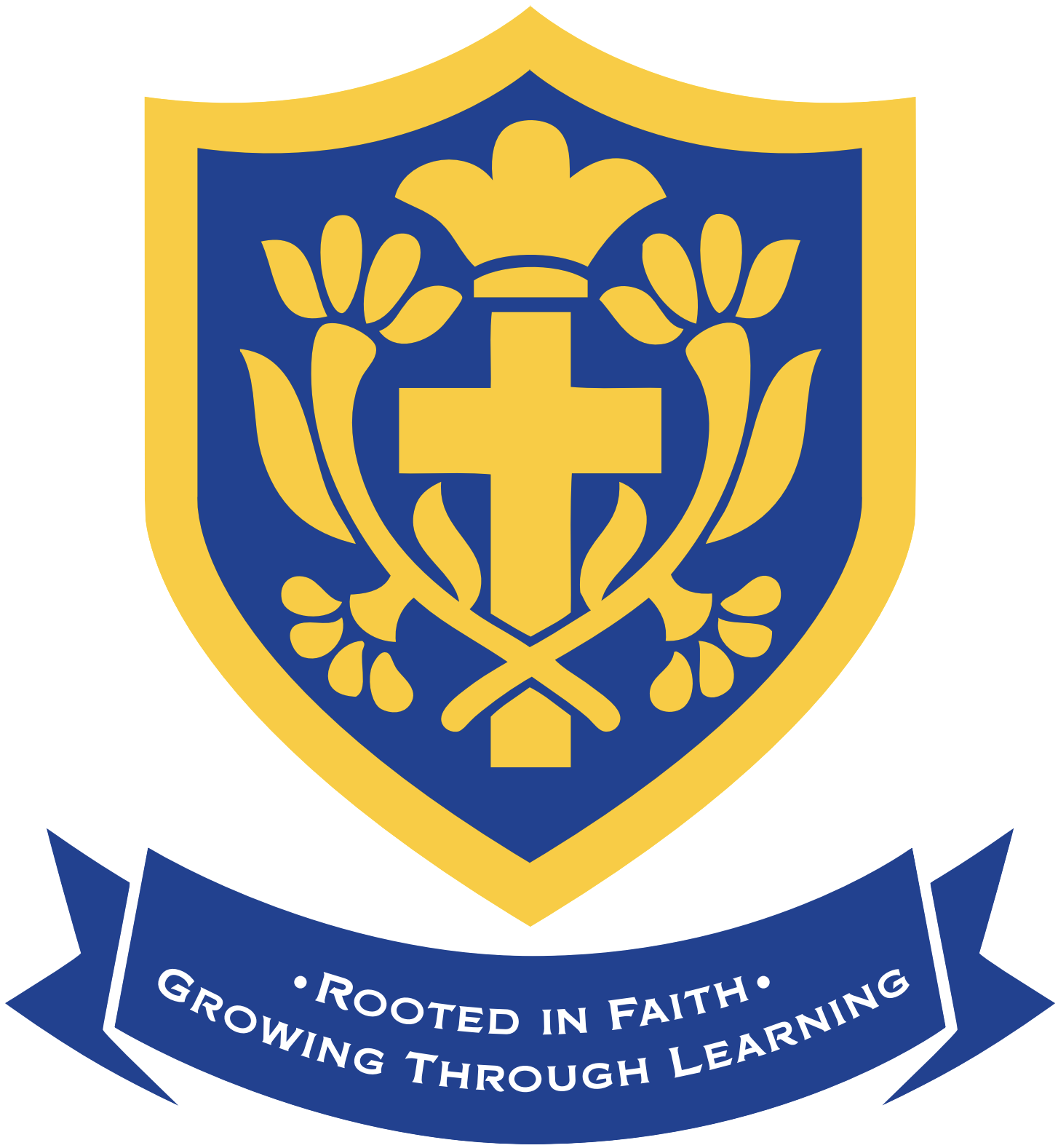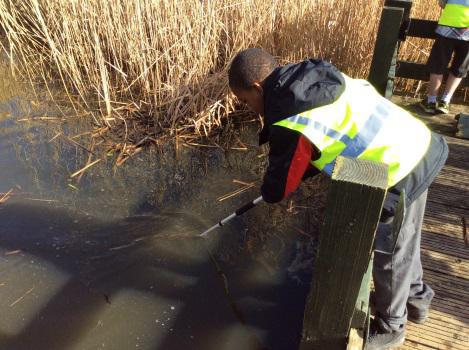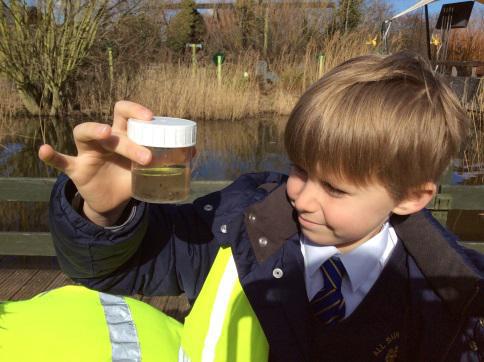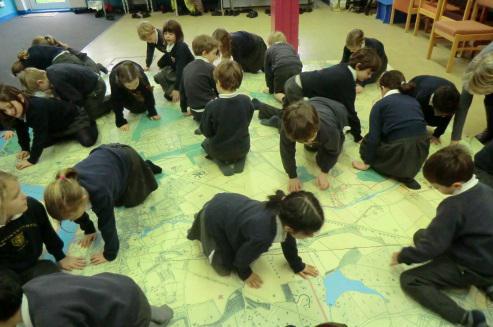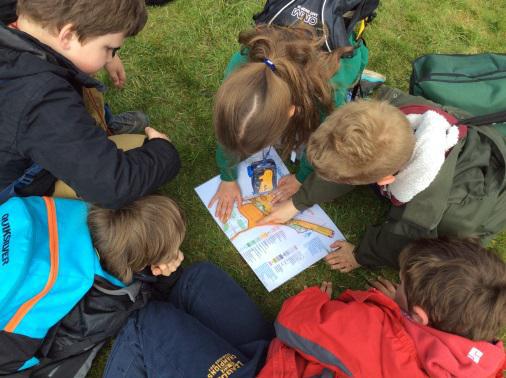Geography
Theological Underpinning
The world is all God’s creation. As the pinnacle of his creation, made in his image, we as humans have a duty to care for the Earth he created. Geography explores our impact on the Earth and the wonders it holds for us if we treat it with care and love. We enter Heaven without possessions. Therefore, we are challenged to make a lasting impact through our kindness, including for our world, not for what we can take from it, such as our material wealth.
NC Programme of Study Aims
The national curriculum for geography aims to ensure that all pupils:
- develop contextual knowledge of the location of globally significant places – both terrestrial and marine – including their defining physical and human characteristics and how these provide a geographical context for understanding the actions of processes
- understand the processes that give rise to key physical and human geographical features of the world, how these are interdependent and how they bring about spatial variation and change over time
- are competent in the geographical skills needed to:
- collect, analyse and communicate with a range of data gathered through experiences of fieldwork that deepen their understanding of geographical processes
- interpret a range of sources of geographical information, including maps, diagrams, globes, aerial photographs and Geographical Information Systems (GIS)
- communicate geographical information in a variety of ways, including through maps, numerical and quantitative skills and writing at length.
Curriculum
Geography is a rich and diverse subject that gives children the opportunity to learn about different places, people, resources, environments and the effect of mankind. By studying the beauty of God’s creation, we aim to inspire and create globally aware pupils who understand their duty of care to look after the Earth.
Throughout the Geography curriculum at All Saints’, children will learn the Earth’s key physical and human processes. They will study different countries, comparing these with their own. They will also develop important geographical skills, such as being able to use a compass, map reading and interpreting four figure grid references to describe a location.
Whilst the importance of geographical knowledge is recognised, we also wish to enable children to become lifelong geographers who have the skills and attitudes to continue to appreciate and respect the world around them. We ensure that each lesson develops our pupils thinking and decision making as this will help them to live their lives as knowledgeable citizens, aware of their own local communities in a global setting.
A concern for the local and global environment is fostered through everyday action such as recycling and conservation of water and electricity, as well as whole school events such as our ‘Dip in Ocean project’ and Plastic Protest on Putney Common. The implications of human action on habitats, both for animals and humans, are considered through much of our topics and cross-curricular links are made with other subjects such as Science and English.
|
|
|
|
|
|
|
